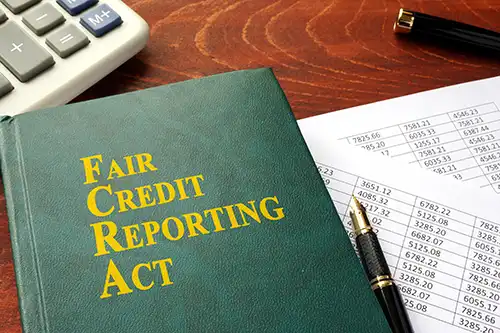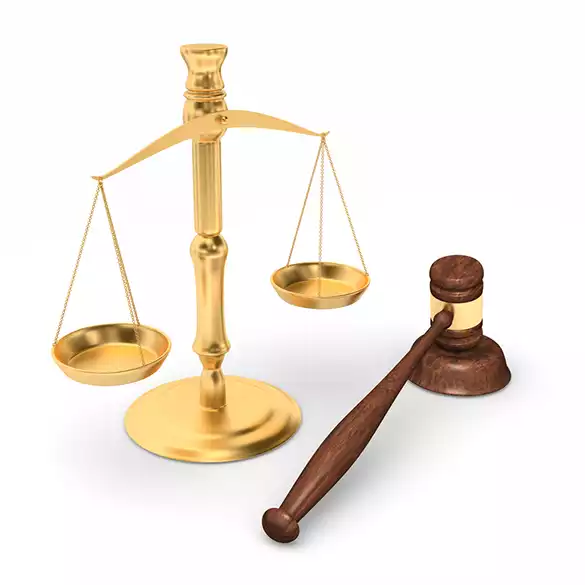Understanding the FCRA
The Fair Credit Reporting Act, enacted in 1970 and later amended, is a federal law designed to promote accuracy, fairness, and privacy in the information collected and reported by consumer reporting agencies (CRAs). Under the FCRA, consumers have the right to obtain a copy of their credit report, dispute inaccurate information, and seek damages for violations of their rights. These provisions are essential tools in holding credit reporting agencies accountable for errors and ensuring the accuracy of your credit report.
Causes of Credit Report Errors: Uncovering the Roots
Credit report errors can stem from various sources, including:
- Data Entry Mistakes: Human error during data entry can lead to inaccuracies on your credit report.
- Mixed Files: Credit reporting agencies may inadvertently combine your information with that of another consumer, resulting in inaccuracies.
- Identity Theft and Fraud: Criminals obtaining and misusing your personal information can result in fraudulent accounts being reported on your credit report.
- Lack of Verification: Creditors and collection agencies may fail to verify the accuracy of the information they report to credit bureaus, leading to errors.
- Take Control of Credit Report Errors: Your Path to Resolution

Types of Credit Report Errors: Identifying Inaccuracies
Credit report errors can manifest in various ways, spanning from minor clerical errors to more severe inaccuracies that can profoundly affect your creditworthiness. These errors may encompass incorrect personal information, such as errors in your name, address, or Social Security number, leading to mistaken identity and inaccuracies on your credit report. Accounts reporting incorrectly, including those that don't belong to you, duplicate accounts, or accounts inaccurately reported as open or closed, can further compound the issue. Furthermore, inaccuracies in payment history, such as late payments, missed payments, or accounts in collections, can detrimentally impact your credit score. Unauthorized accounts opened in your name due to identity theft or fraud can appear on your credit report, further compromising your credit standing. Under the Fair Credit Reporting Act (FCRA), consumers have the right to dispute and correct these errors to ensure the accuracy of their credit reports.
Take Action to Recover Financial Control
If you've discovered inaccuracies on your credit report, taking prompt action is crucial. Here's how you can take control:
- Obtain Your Credit Report: Request a free copy of your credit report from each of the three major credit bureaus: Equifax, Experian, and TransUnion. Review the reports carefully for any errors or discrepancies.
- Dispute Inaccurate Information: If you identify errors, file a dispute with the credit reporting agency reporting the inaccuracies. Provide supporting documentation to substantiate your claim and request that the errors be corrected or removed.
- Know Your Rights Under the FCRA: Familiarize yourself with your rights under the Fair Credit Reporting Act, including the right to dispute inaccurate information and seek damages for violations of your rights.
- Seek Legal Guidance: If you encounter obstacles in resolving credit report errors or believe your rights under the FCRA have been violated, seek legal guidance from a reputable law firm specializing in credit report dispute litigation. An experienced attorney can provide valuable assistance in navigating the complexities of the legal process and advocating for your rights.
Inaccurate credit reports can have far-reaching consequences, but you don't have to face them alone. Our experienced consumer rights attorneys are dedicated to helping consumers around the nation fight back against credit reporting injustices. With our expertise in FCRA litigation and our commitment to client advocacy, we'll work tirelessly to ensure that your rights are protected and that inaccuracies on your credit report are corrected. Take the first step towards financial empowerment by contacting us today for a free consultation.













